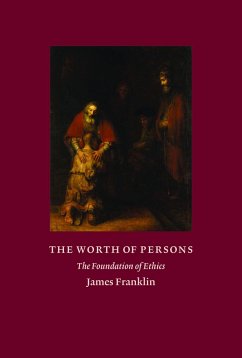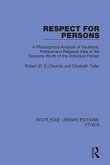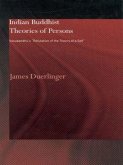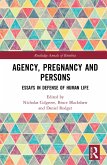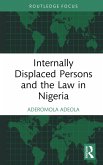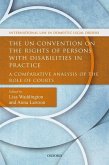"The death of a person is a tragedy while the explosion of a lifeless galaxy is a mere rework. The moral difference is grounded in the nature of humans: humans have intrinsic worth, a worth that makes their fate really matter. This is the worth that the Australian philosopher James Franklin proposes as the foundation of ethics. In 'The Worth of Persons' he explains that ethics in the usual sense of right and wrong actions, rights and virtues, and how to live a good life, is founded on something more basic that is not itself about actions, namely the worth of persons. Human moral worth arises from certain properties that distinguish humans from the rest of creation (though some animals share a lesser degree of those properties): rationality, consciousness, the ability to act for reasons, emotional structure and love, individuality. This complex package makes humans the "piece of work" of which Hamlet says "How noble in reason, how infinite in faculty." In clear prose and deeply-informed philosophical argument, 'The Worth of Persons' establishes a foundation for ethics in the equal worth of persons, which makes ethics absolutely objective, and immune to relativist attacks because based on the metaphysical truth about humans. 'The Worth of Persons' will appeal to all those who feel that endless debate about ethical dilemmas, rules and principles fails to connect with what is really important ethically, that is, what makes humans matter"--

